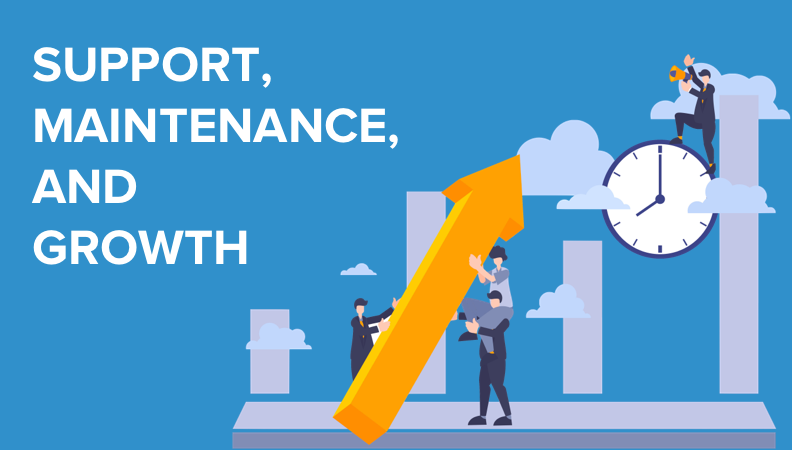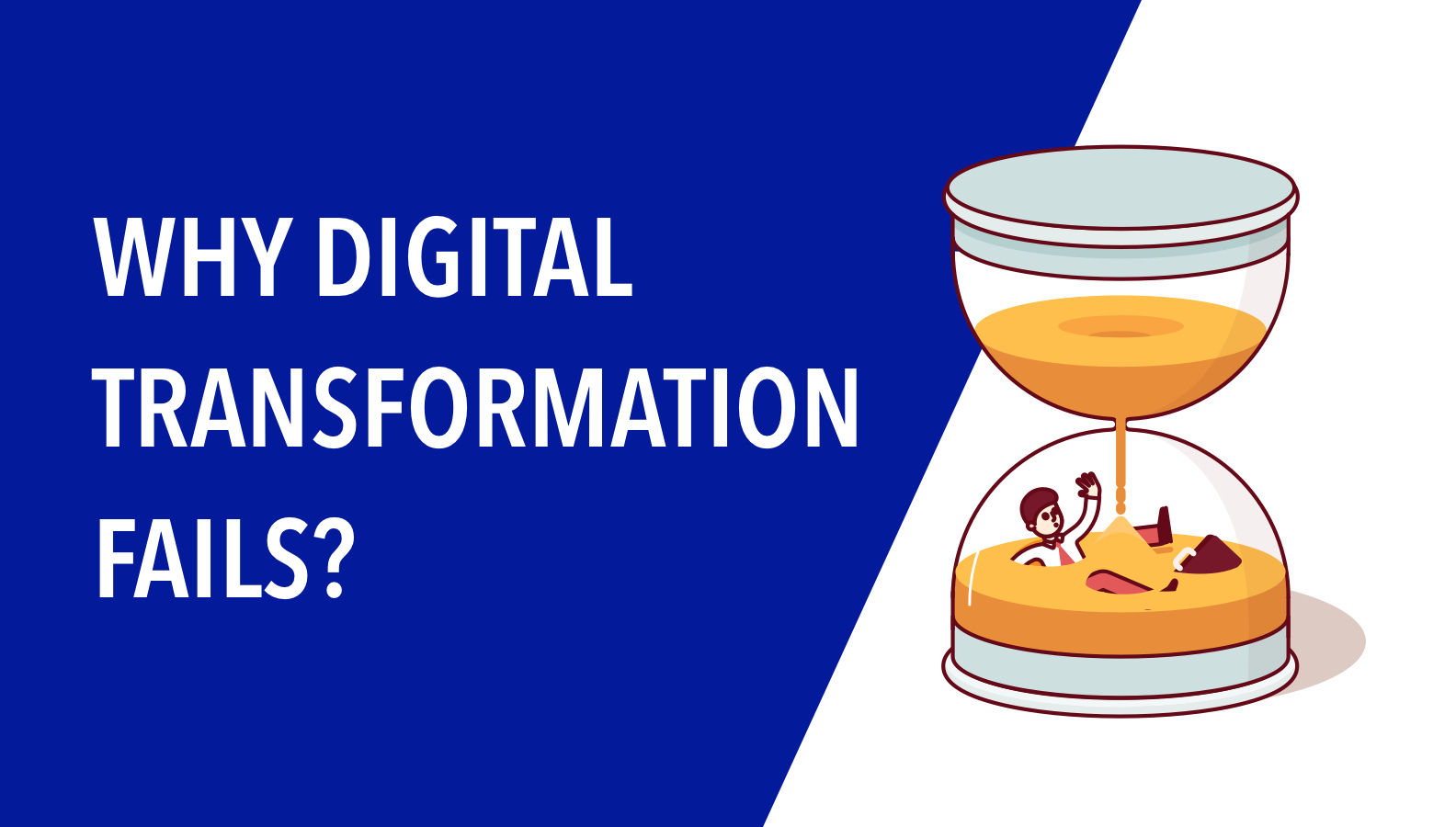- Solutions
- For Industry
- By Need
- Products
- VarbaseEnterprise CMS Distribution for Drupal
- Uber PublisherEnterprise Digital Media Platform Builder
- VardocDrupal Knowledge Base Platform
- Campaign StudioOpen Marketing Platform - by Acquia
- Open SocialSocial Business Platform - by Open Social
- Services
- Strategy
- Design
- Development
- Migration
- Support and MaintenanceSupport and Maintenance
- DevOps
- Digital Marketing

Datasheet

- Clients
- Ideas
- About
- Contact Us

Need Better Website Performance?
The word "audit" has gained a bad reputation—taxes, performances, etc.—but when it comes to your company or organization's online presence, a site audit is an invaluable, multipurpose tool for ensuring that your webpage is operating smoothly and at the capacity, you need to remain dynamic and influential.
Whether it's time to migrate to a different content management system (CMS), or you're experiencing nagging problems with your webpage's functionality, or you're even in the process of a company merger or exit, a site audit is an integral part of reaching your goal.
But you may ask what exactly does a site audit entail? Well, an audit from an experienced Drupal development team like Vardot entails a comprehensive review and analysis of your site and pinpoints what you're dealing with and outlines the next logical step—it can save you time, money, and considerable heartache down the road.
But before we dive into the individual elements of a Drupal site audit, let's first examine a couple different "unofficial" types of audits and hopefully illuminate which one is right for you.
The Different Types of Website Audit
1. An Exploratory Audit:
A company or organization seeks this type of audit out when it's contemplating switching to a new vendor or CMS due to problems with the current ones—this is usually because the current vendor’s CMS doesn’t provide the necessary functionality or features anymore, but it can also be a result of an unhealthy client-vendor relationship. With an exploratory audit, your business or organization is expecting to unearth problems with the current system—probably because you're already experiencing the problems firsthand and need to pinpoint the source. An exploratory audit can be brief, but it's typically comprehensive.
2. An Acquisition Audit:
This type of audit is generally executed before the decision to buy a business—it’s part of the due diligence process; you as a company need to know what you’re getting into, because although a website may look great, its backend is a mess because it’s been designed by a beginner or with an inferior CMS. An acquisition audit is typically very thorough, and specific focus is given to how the website’s functionality compares with the prospective buyer’s plans for the system.
3. An Implementation Audit:
This type of audit is basically an insurance policy—and logically occurs after an exploratory audit or an acquisition audit. It’s done for a customer who wants to confirm that their Drupal developer has delivered what was agreed upon during the consultation phase. It’s usually brief and done in collaboration between client and developer; and unless it’s a strict audit of the overall architecture, the system should be completely finished before given an implementation audit or else it negates its whole purpose. And as a rule of thumb, a business or organization shouldn't expect any major problems to surface during an implementation audit, as its general purpose is to ensure peace of mind.
Of course, these categories aren't binding, but instead represent common justifications for conducting an audit.
25 Questions That Guarantee A Successful Launch
The Optimal Steps to Perform a Website Audit
Now, to return to the question at hand, what exactly does a Drupal site audit entail? Well, after visiting Vardot's services page and using the contact form to effortlessly reach a talented Drupal technician, a site audit generally follows this itinerary:
1. The Consultation Phase:
We begin the audit process by scheduling a consultation with you and our team of experts to learn about your goals and gather any information you may have about your current site.
2. The Comprehensive Audit Phase:
This is where we investigate your site and evaluate it from several different levels, targeting: Overall architecture; overall functionality; performance and speed; best practices; SEO optimization; code and security; content and security etc.
3. The Documentation Phase:
Once your site has been examined by our professionals, we document our findings and prepare an in-depth report on the condition of your system and our educated opinion of recommended solutions.
4. The Recommendation Phase:
After delivering the audit report, Vardot's team will communicate with you how Drupal fits the needs of your site and will help develop a plan to implement necessary changes to your site.
Conclusion
And that is a simple overview of what you'll get with a site audit performed by Vardot, and is the first step on your journey to having the powerful, dynamic web presence you deserve.
What do think? What are the aspects you feel need to be addressed during a site audit? Feel free to comment below, or visit Vardot's contact page and speak directly with a veteran developer who can answer your questions and initiate the process of building you a better web experience.
- Drupal



